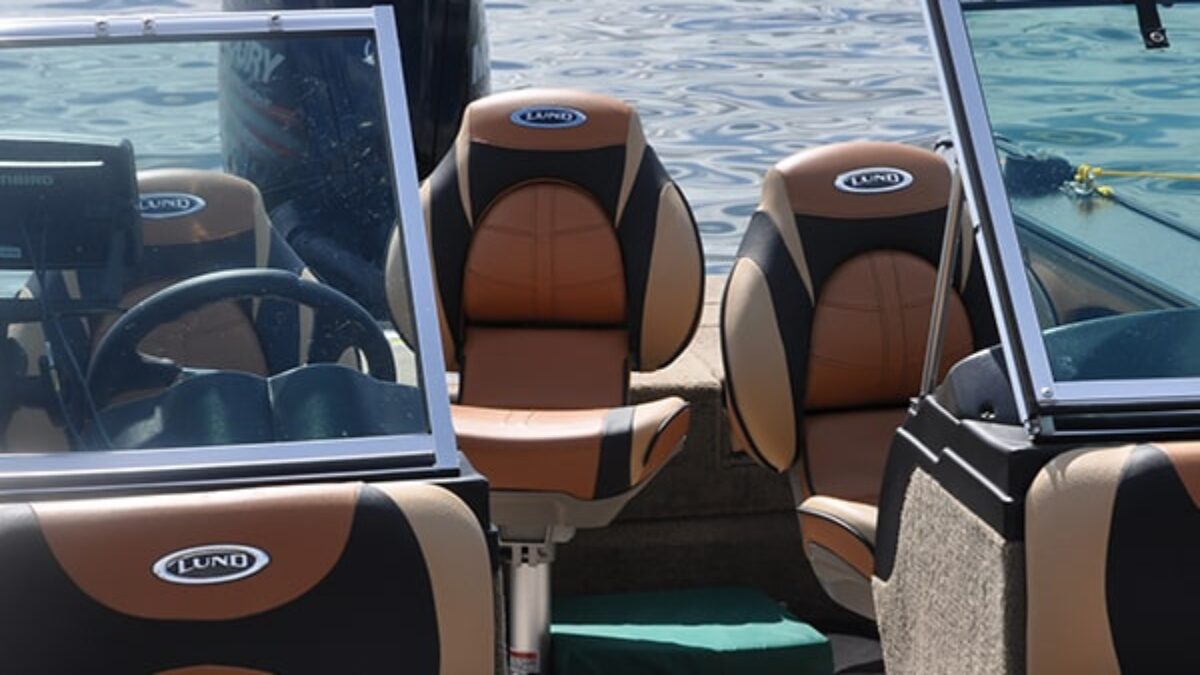Waterproof foams are often used in marine applications, industrial applications that involve heavy exposure to water, moisture, and chemicals, and many other harsh applications. These types of foams can also be made to resist mold and mildew growth, degradation, and heat and flames. These properties require that these foams have specific qualities that make them waterproof and able to perform in some of the harshest conditions imaginable.
What are the essential qualities of waterproof foams? What makes them ideal for marine and industrial foam applications?
What Makes Foam Waterproof?
There are two qualities every waterproof foam material must have:
- A closed cell structure
- A high enough density
These two qualities create a barrier against water, preventing it from being absorbed by the material. Closed cell foams have a cellular structure that is walled off, making them less porous. When this is combined with high density, whereby the cells of the foam are closer together, it creates a waterproof piece of foam. Waterproofing is also helped by the foam being more rigid, as rigid pieces of foam are less likely to absorb water than more flexible materials.
Keep in mind that not all closed cell foams are waterproof, nor are dense and rigid foams. Truly waterproof pieces of foam must have a closed cell structure with the right rigidity and density to effectively block the absorption of water.
Types of Waterproof Foams
There are many types of water resistant and waterproof foams that can be fabricated and customized to fit any application. If you are looking for a waterproof or water-resistant type of foam, you can begin your search with these foam materials:
- Polyethylene foam (PE)
- Cross-linked polyethylene (XLPE)
- Polystyrene
- Neoprene rubber
- Polypropylene foam
- Expanded polypropylene foam
What Other Qualities Do You Need in Your Waterproof Foam?
Because of the applications these types of foams are used in (marine, medical, industrial), you will need to choose a foam that has other defining features, including:
- Non-off gassing
- Buoyant
- Nonabrasive
- High tensile strength
- Flame retardant
- Thermal insulation
- Sound dampening
- Resistant to oils, grease, and other chemical solvents
- Non-dusting
- Mold, mildew, and rot resistant
There are hundreds of types of foams on the market, and we have the experts that can help you choose the right one for your application. Once your foam selection is complete, we also have the capabilities to fabricate and shape it in any way possible. At Amcon, our foam experts are here to help you choose a foam that is effective and within your budget.
Read to find a waterproof foam that fits your application? Get in touch with Amcon today.


